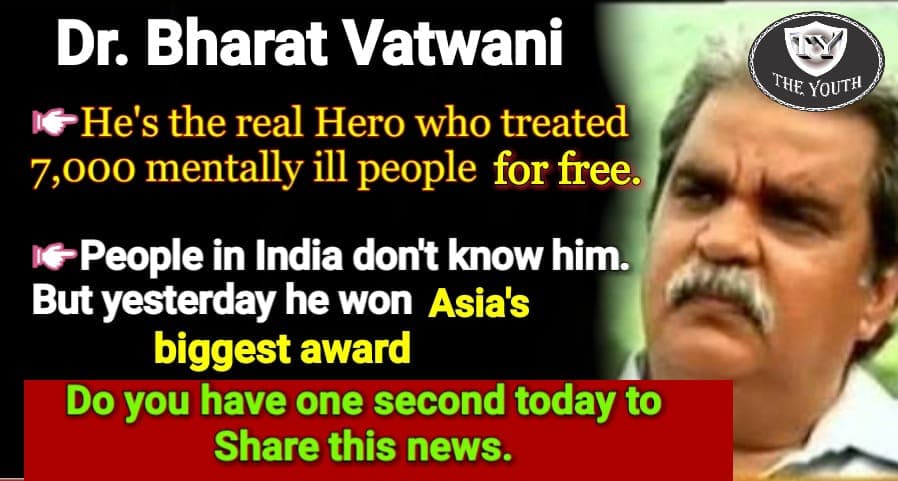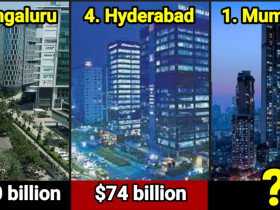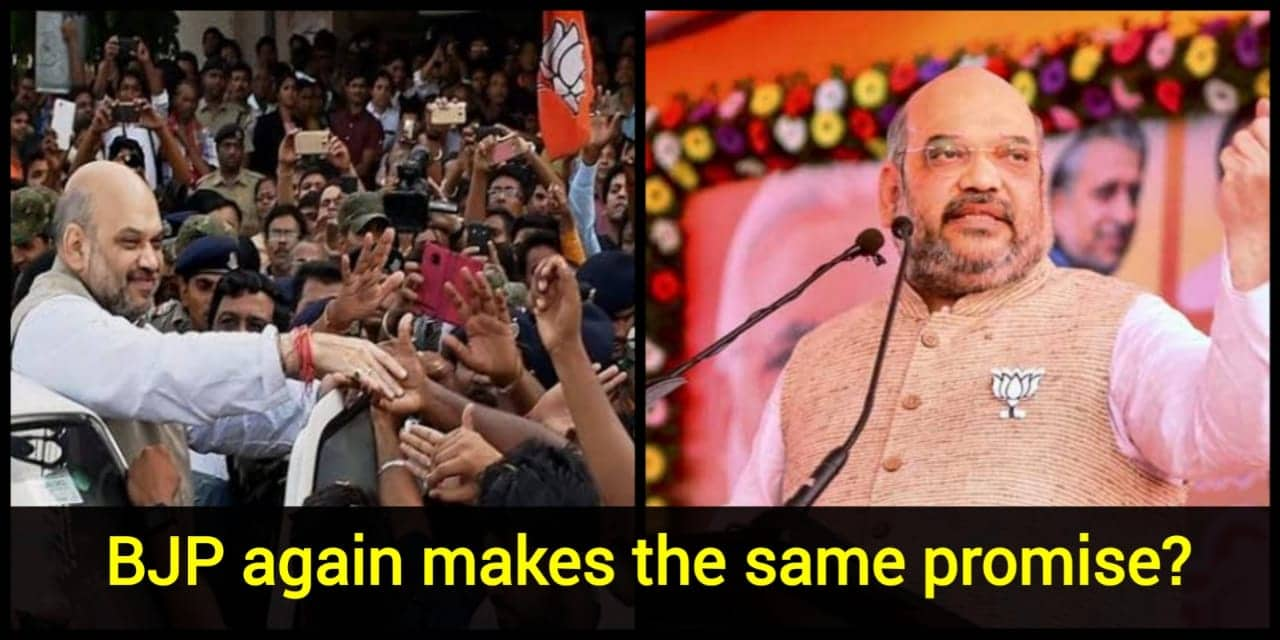No products in the cart.
Dia Mirza gives Bold reply to Girl who asked why she announced Pregnancy after Marriage
Dia Mirza Rekhi is one of the popular actresses in Bollywood film industry. It is worth mentioning here that she clinched the title of Miss Asia Pacific International in 2000 after being crowned Femina Miss India Asia Pacific 2000.
She announced her arrival in Hindi film industry by making her acting debut with Rehnaa Hai Terre Dil Mein. The 40-year-old also subsequently featured in films including Dus (2005), Lage Raho Munna Bhai (2006) and Sanju (2018).
She also appeared in movies such as Alag, Dum, Deewaanapan, Tumko Na Bhool Paayenge, Tumsa Nahin Dekha: A Love Story, Parineeta, Dus, Lage Raho Munna Bhai and Salaam Mumbai. Apart from acting in movies, she also featured in the web series Kaafir in 2019.
Dia Mirza gives Bold reply to Girl who asked why she announced Pregnancy after Marriage
Meanwhile, a girl asked why Dia Mirza announced pregnancy after marriage. She wrote, “That’s so good, congrats. But the problem is, she tried to break the stereotypes with woman priest, why couldn’t she announce her pregnancy before the marriage? Isn’t becoming pregnant after marriage a stereotype we follow? Why can’t women get pregnant before marriage?”
To which, Dia Mirza gave a bold reply. She wrote, “Interesting question. Firstly we didn’t marry because we were having a baby together we were already marrying as we wanted to spend our lives together. We discovered we were going to have a baby while we were planning our wedding. So this marriage is not the result of a pregnancy. We didn’t announce the pregnancy until we knew it’s safe (medical reasons) to. This is the happiest news of my life, I’ve waited for many many years for this to happen. No way I would hide it for any reason other than medical.
Only answering this because:
1) Having a child is a beautiful gift of life
2) There must never be any shame attached to this beautiful journey
3) As women we must always exercise our choice
4) Whether we choose to be single and parent a child or be in a marriage it is our after all our choice
5) As a society we must un stereotype our idea of what is right or wrong, instead train ourselves to ask what is fair or unfair.”








